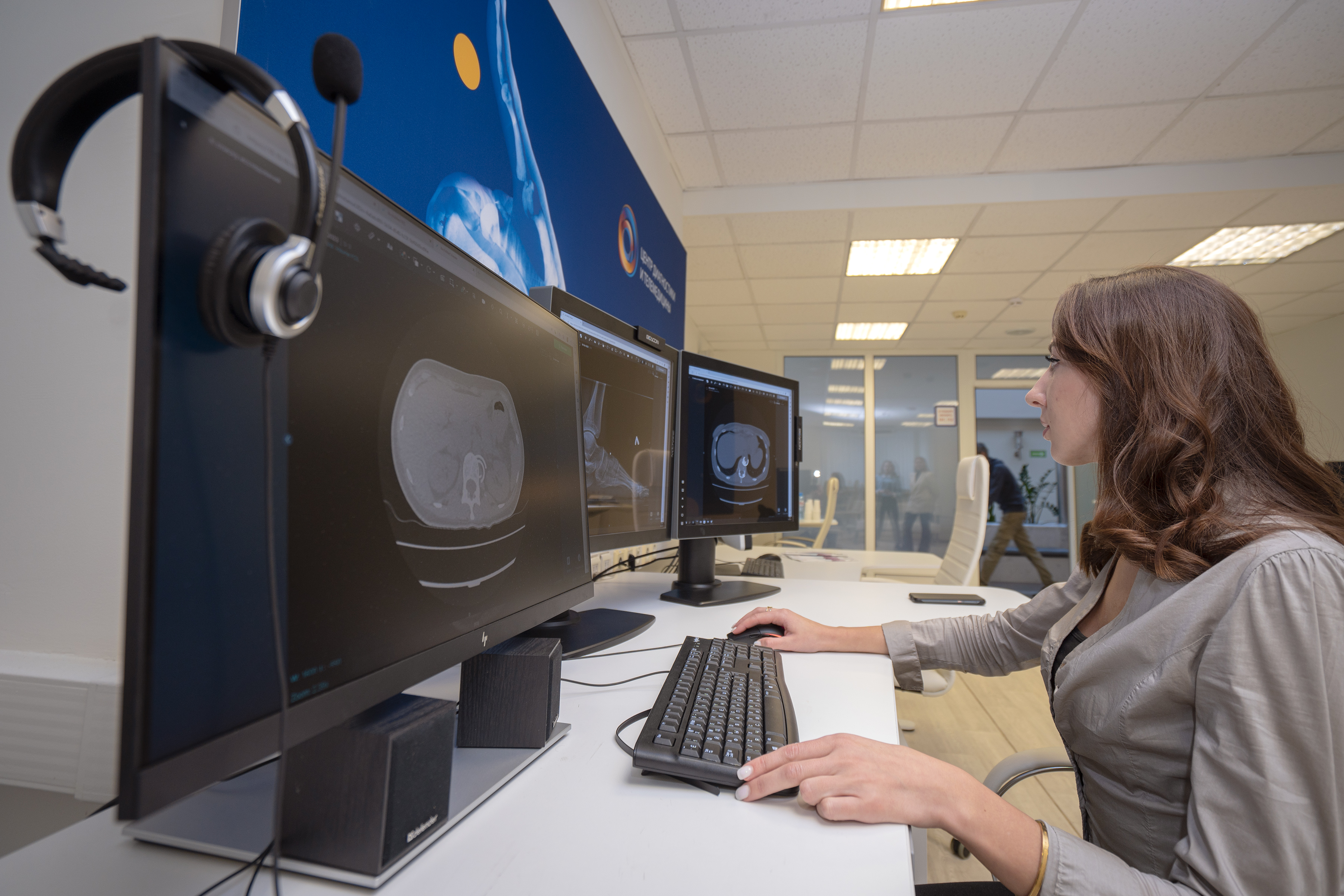Do you know how much sleep you need as per your age? There is a general recommendation for how much sleep one needs as per the age
Young children ages 3 to 5: 10 to 13 hours
School-age children ages 6 to 12: 9 to 12 hours
Teenagers ages 13 to 18: 8 to 10 hours
Adults ages 18 to 65+: 7 to 9 hours
Sometimes we tend to sleep more than our recommended time just to compensate for last night’s deficient sleep. But apart from this, there can be other reasons you may be sleeping more than you normally do or more than you should. Possible underlying causes could be depression, thyroid problems, or a sleep disorder.
Health impacts of oversleeping
Oversleeping may seem harmless, but unfortunately, studies suggest there may be negative long-term effects. You may think that sleeping too little is worse than sleeping too much, but there are negative health effects of both. Heart disease, obesity, depression, headaches, and Type 2 diabetes are often associated with sleeping too much.
Oversleeping can be avoided in these ways
If you have the habit of oversleeping and have been doing it for years, there are specific things you can do to break the habit of oversleeping so you can start getting better sleep (and less of it).
Follow a proper routine – Fix your bedtime and wake-up time for yourself. This can help your body create its own schedule, thus helping you avoid sleeping too much or too little. Avoid taking caffeine at night. You can read books, listen to soothing music before sleeping.
Create a perfect sleep environment – If you want to get better sleep, make sure the room is dark, can use earplugs to filter off background music. Also, maintain the room temperature comfortable.
Avoid oversleeping on weekends - Sleeping longer than normal on the weekends can be detrimental to your sleeping routine and health. Thus, your routine will get disturbed and again you will have to work hard to get back to your routine.
Avoid blue screen before bed – Blue light has a very negative impact on our sleep. The blue light of our phones, TV, laptops affects the production of melatonin — a hormone produced to control the sleep-wake cycle. Putting technology away before bed is one step to knowing how to sleep less and better.
Healthy eating habits - Believe it or not, your sleep very much depends on what you eat throughout the day. From the amount of caffeine, you consume to the types of nutrients you’re giving your body — everything matters. Eating the right nutrient-rich foods enables your brain to produce neurotransmitters needed to maintain sleep.
Avoid napping - To help keep yourself awake during the day, drink plenty of water to stay hydrated. If you start to feel drowsy, try doing some jumping jacks or other exercises to get your blood pumping and your body moving.
Disclaimer: The content on this site is for informational purposes only, and should not be taken as professional medical advice. Always seek the guidance of your doctor or other health professionals for any questions you may have regarding your health or a medical condition.

 We have often heard about the dangers of staying up too late, but do you know oversleeping or sleeping too much also has a negative health impact. Try these simple methods to get better sound sleep neither too little nor too much
We have often heard about the dangers of staying up too late, but do you know oversleeping or sleeping too much also has a negative health impact. Try these simple methods to get better sound sleep neither too little nor too much










.jpeg)






.jpg)













